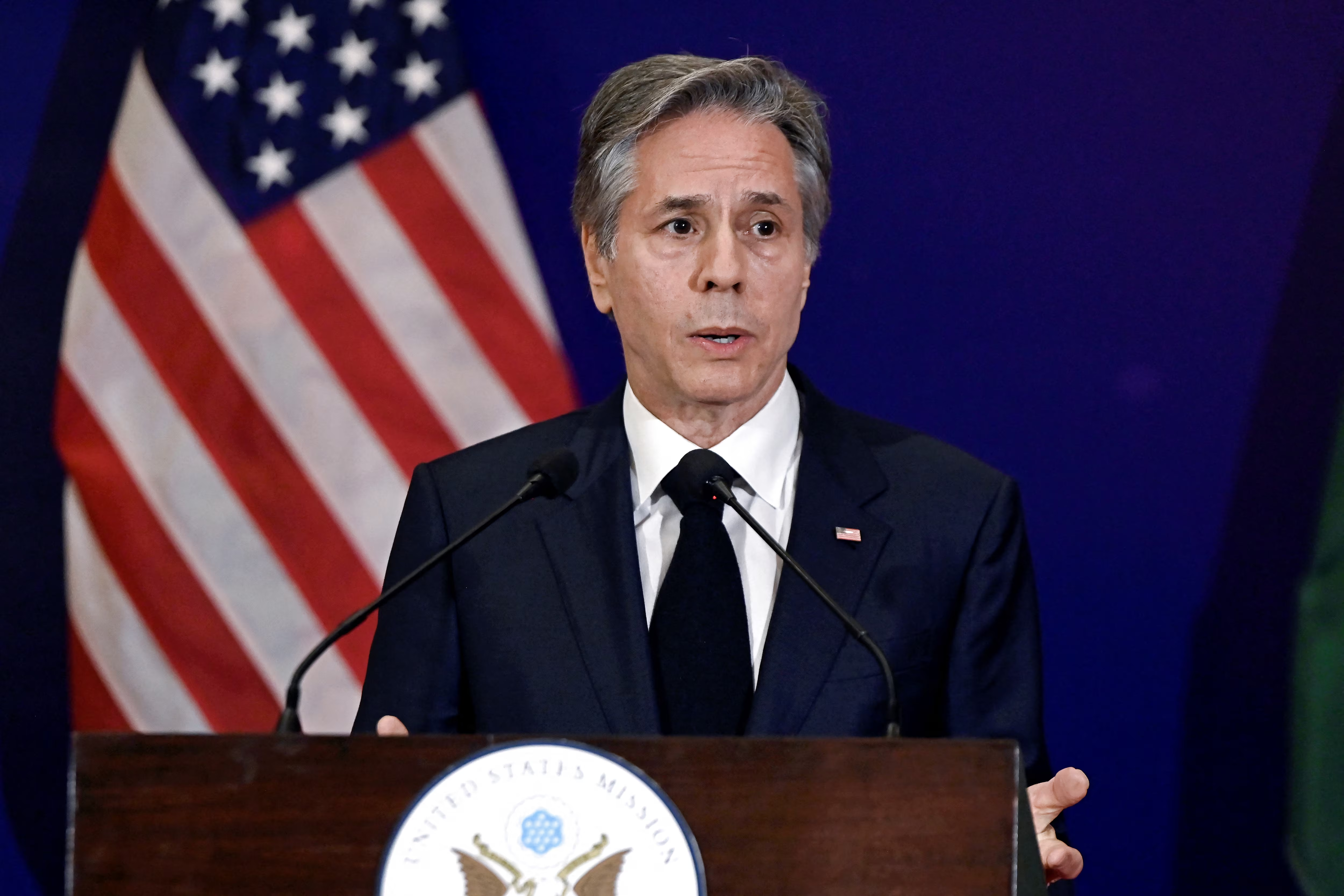The U.S. government has poured $135 million into weaponry that has never seen the light of conflict, all while the foundations of diplomacy crumble under the weight of growing global tensions. This stark reality highlights a foreign policy that prioritizes militarization over meaningful international dialogue.
Unnecessary Military Spending Undermines Diplomacy
According to The Top Ten Decisions in U.S. Foreign Policy, none of the weapons developed during this period were ever used in active combat, particularly against the Soviet Bloc. Instead, the U.S. focused on creating a robust arms arsenal while neglecting the diplomatic channels necessary to resolve conflicts. This misallocation of resources reveals a fundamental flaw in U.S. foreign policy, where the military-industrial complex thrives at the expense of peace-building efforts.
Historical Precedents of Misguided Decisions
From the 1980s onwards, the trajectory of U.S. foreign policy underwent significant changes, producing a staggering 135 National Security Decision Directives (NSDDs) aimed at countering perceived threats from the Soviet Bloc. While these directives may have contributed to the eventual downfall of the Soviet Union, they did so at a significant cost. As reported by Brookings, such unilateral military strategies failed to address the underlying issues that led to global instability.

Blinken, Austin to shore up US-Asia ties amid political ...
Trade Policy Lacks Human Rights Focus
The Biden Administration has espoused a worker-centered trade policy, as outlined in the 2023 Trade Policy Agenda. Despite these assertions, the reality remains that trade agreements often sideline human rights and environmental standards in favor of economic gains. This approach not only neglects the moral imperative to support international human rights but also undermines the credibility of U.S. diplomacy on the global stage.
Consequences of Ignoring Global Challenges
The events of 2023 serve as a wake-up call, with rising conflicts, democratic erosion, and unprecedented climate crises dominating the global landscape. As noted in the Council on Foreign Relations, these challenges require a robust and unified response from the international community. However, the ongoing focus on military solutions rather than collaborative diplomacy risks exacerbating existing tensions and alienating potential allies.

White House eyes 8% cut to defense budget to boost Trump ...
Urgent Need for a New Foreign Policy Framework
The prevailing narrative in U.S. foreign policy needs radical overhaul. A shift towards a diplomacy-first approach is not just preferable but necessary. As we face unprecedented global challenges, our leaders must prioritize dialogue, cooperation, and the shared values that bind us as a global community. The current trajectory, characterized by military spending and neglect of diplomatic engagement, threatens to isolate the United States on the world stage and provoke further conflict.







![[Video] Gunfire between Iraqi security forces and Sadr militias in Baghdad](/_next/image?url=%2Fapi%2Fimage%2Fthumbnails%2Fthumbnail-1768343508874-4redb-thumbnail.jpg&w=3840&q=75)
